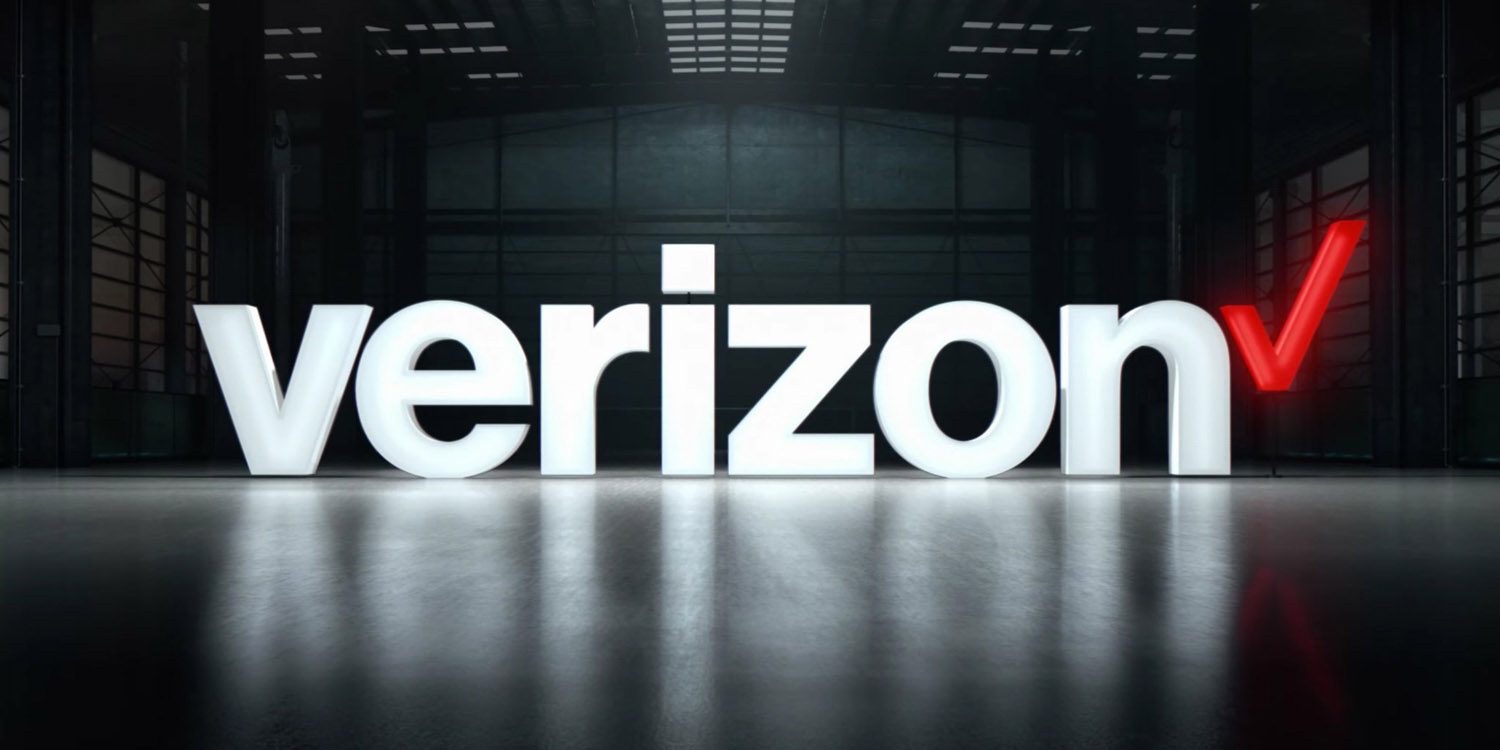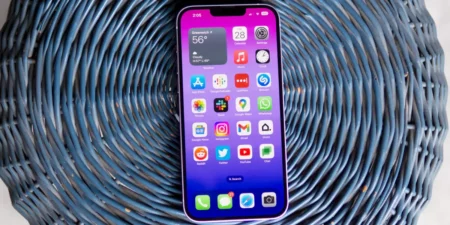Verizon has announced that it’s working on 5G technology that it will use to deliver residential broadband internet in “three to five US markets” by 2018. The company will begin its rollout in Sacramento, California, in the second half of 2018 and will proceed to other markets accordingly.
Verizon isn’t looking to introduce residential broadband internet using LTE mobile internet, mind you. The company will be using millimeter-wave spectrum as an alternative to running physical cables to customer homes. If Verizon is able to really deliver commercial 5G services, this will set the company up for an impressive milestone. Verizon and other companies have already trialed this kind of fixed 5G deployment in the real work, and is now going to start in 2018 by testing it all out in appropriate markets with 5G technology.
The company will be surveying sites to see how many customers could potentially sign up before a more mass rollout begins. It’s fairly safe to say that 2018 markets will be pilot markets that give Verizon a chance to see how successful this service type will be.
Fixed residential 5G and mobile 5G are two different products. It’s worth bringing this up because they are both different products and have different challenges of implementation. For fixed residential 5G, Verizon will rely on millimeter-wave spectrum that has much higher frequency than the spectrum used for mobile internet. Unlike mobile, millimeter-wave signals need to be transmitted over light-of-sight connection, transmitter at every street’s end to send signal, and a receiver on the side of the customer’s house to receive the signal.





